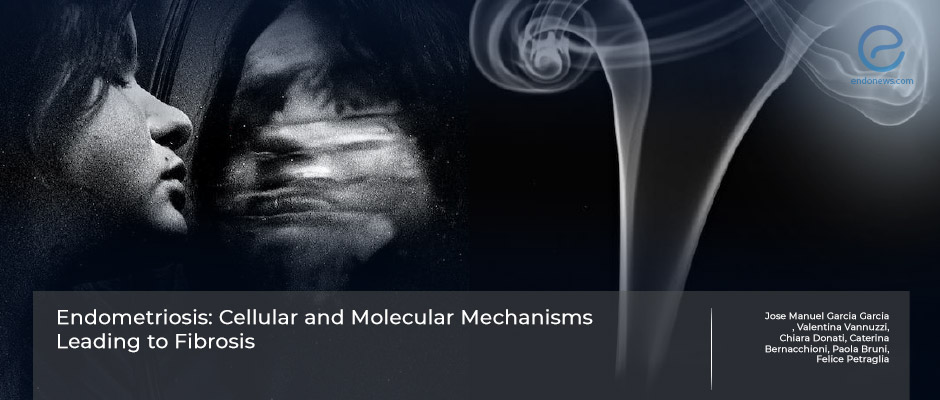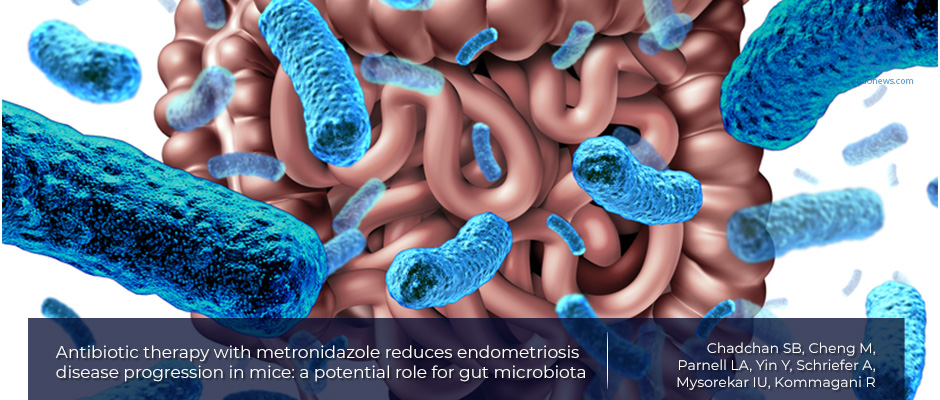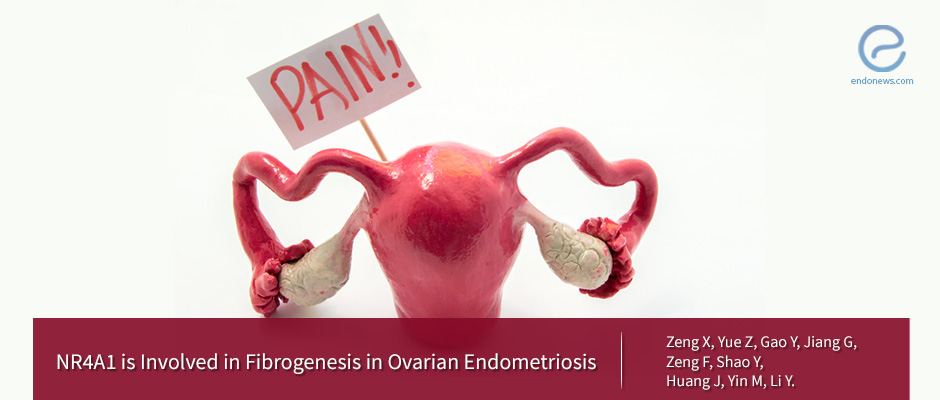Molecular and cellular mechanisms of fibrogenesis in endometriosis
Endometriosis lesions are characterized by endometrium-like cell proliferation, invasion, and oxidative stress associated with inflammation and neoangiogenesis. Fibrosis, which occurs due to these events, causes chronic pelvic pain depending on the location and the severity of endometriosis. For the purpose…
Key Points Lay SummaryCould a defect in phagocytosis cause endometriosis?
The macrophages are important immune cells in the peritoneal cavity because they function to remove aberrant cells or tissues by the process of phagocytosis. In endometriosis, there is an increased number of peritoneal macrophages and heightened production of inflammation molecules…
Key Points Lay SummaryAntibiotic therapy for endometriosis
Current treatments for endometriosis are surgery and hormone therapy; however, these approaches may have significant side effects and do not prevent a recurrence. Therefore, alternative treatment modalities for endometriosis is needed. Recently, the idea that endometriosis may be influenced by…
Key Points Lay SummaryStudy Sheds Light on the Molecular Mechanism of Endometriosis Development
A protein called transforming growth factor-beta1 (TGF-B1) enhances the capacity of endometriotic cells or cells that make up the lining of the uterus to migrate, invade, and colonize other areas in the body. This is according to a study published…
Key Points Lay SummaryAnother Study Suggesting That Endometriosis May Be a Disease Associated With Immune System Dysfunction
An immune system protein called TGF-β in the peritoneal fluid or fluid that lubricates the lining of the abdominal wall and pelvic cavity may be creating an environment favorable for the formation of endometrial lesions. This is according to a…
Key Points Lay SummaryNew Target for Endometriosis Treatment?
NR4A1 could be a novel target for the treatment of endometriosis, according to a study published in the scientific journal Cell Physiology and Biochemistry. NR4A1 is a receptor protein involved in cell division, inflammation, and programmed cell death. The development…
Key Points Lay SummaryResearch Sheds Light Onto Molecular Mechanism of Endometriosis
A cell signaling molecule called transforming growth factor β 1 or TGF-β1 is involved in the development of endometriosis, a new study found. A better understanding of the molecular events associated with the development of this disease could help scientists…
Key Points Lay SummaryTGF-β1 Increases Cell Adhesion and Drives Disease Progression
Without a doubt, the mechanism that drives endometriosis disease progression is complicated. Choi et al. look to elucidate one part of this complex process. They seek to understand the role of transforming growth factor β1 (TGF-β1) in the initial adhesion…
Key Points Lay Summary
 By Selma Oransay
By Selma Oransay

 By Yu Yu
By Yu Yu


 By Özge Özkaya
By Özge Özkaya




 By Kasthuri Nair
By Kasthuri Nair